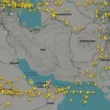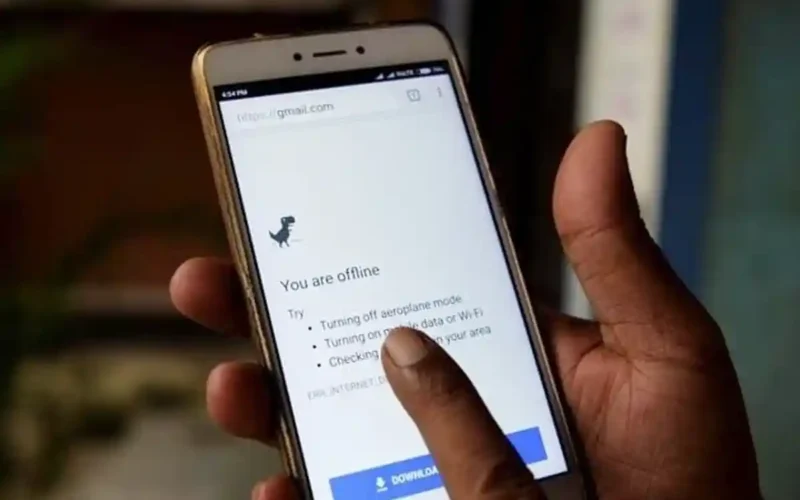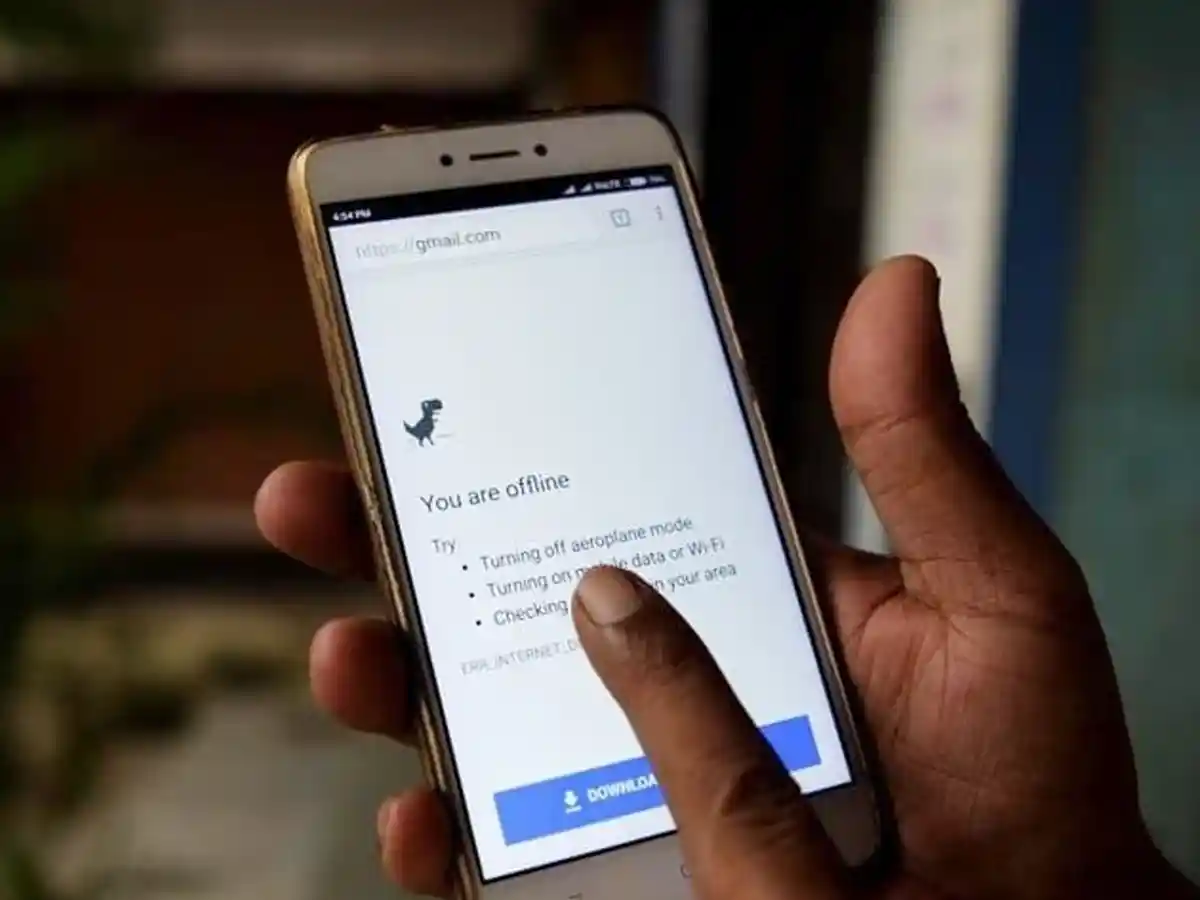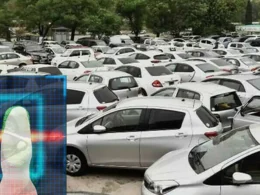Internet speeds in Pakistan are once again slowing down during peak hours, affecting individuals and businesses across the country.
The slowdown is linked to problems with two undersea cable routes and heavy data traffic on the remaining submarine cables connecting Pakistan to the global network.
According to the media reports, internet services on networks of ISPs and mobile operators are particularly slow from 7 p.m. to 11 p.m. each day.
Visit Times of Karachi website for the latest news-related content daily
This has caused disruptions for users, especially businesses working with clients in the United States and Europe.
Customers continue to face difficulties in accessing services such as live streaming, gaming, video conferencing, video-sharing, large downloads, and banking transactions.
The slowdown has also directly impacted Pakistan’s growing call center industry.
READ: Pakistan broadband subscribers cross 13 million milestone
Nabeel Akhtar, Senior Vice President of the Call Center Association of Pakistan (CCAP), said: “Every hour of internet downtime costs millions of dollars in compounded revenue loss and raises the risk of contract terminations with foreign clients.”
He added that while call centers can manage power outages through backup systems, there are no alternatives for internet failures, nor can such systems be independently created.
Akhtar urged the government to require ISPs to invest in stronger and more reliable digital infrastructure to support the call center industry, which contributes significantly to Pakistan’s foreign revenue.
READ: Internet disruptions cripple routine life in Karachi
Abid Beli, owner of a co-working space, highlighted that slow internet speeds continue to disrupt operations and reduce service quality, particularly for freelancers and small businesses.
He said co-working facilities have had to invest in switches and special software to maintain performance for clients.
“The government should introduce satellite internet services in Pakistan to avoid undersea cable disruptions and meet the country’s growing demand for high-speed connectivity,” he suggested.
Shahzad Arshad, Chairman of the Wireless & Internet Service Providers Association of Pakistan, explained that Pakistan’s undersea cables have faced multiple technical problems, including physical failures such as cable cuts, repeater faults, and planned maintenance on major Asia–Europe routes like SMW4 and IMEWE.
Follow the Times of Karachi channel on WhatsApp
Geopolitical and security risks in chokepoints such as the Red Sea have further complicated repair efforts.
He added that along with international challenges, local issues also need to be addressed to improve internet services and meet the increasing digital demand in Pakistan.
According to the Pakistan Telecommunication Authority (PTA), the country has more than 152 million broadband subscribers, with a large majority actively using the internet.













